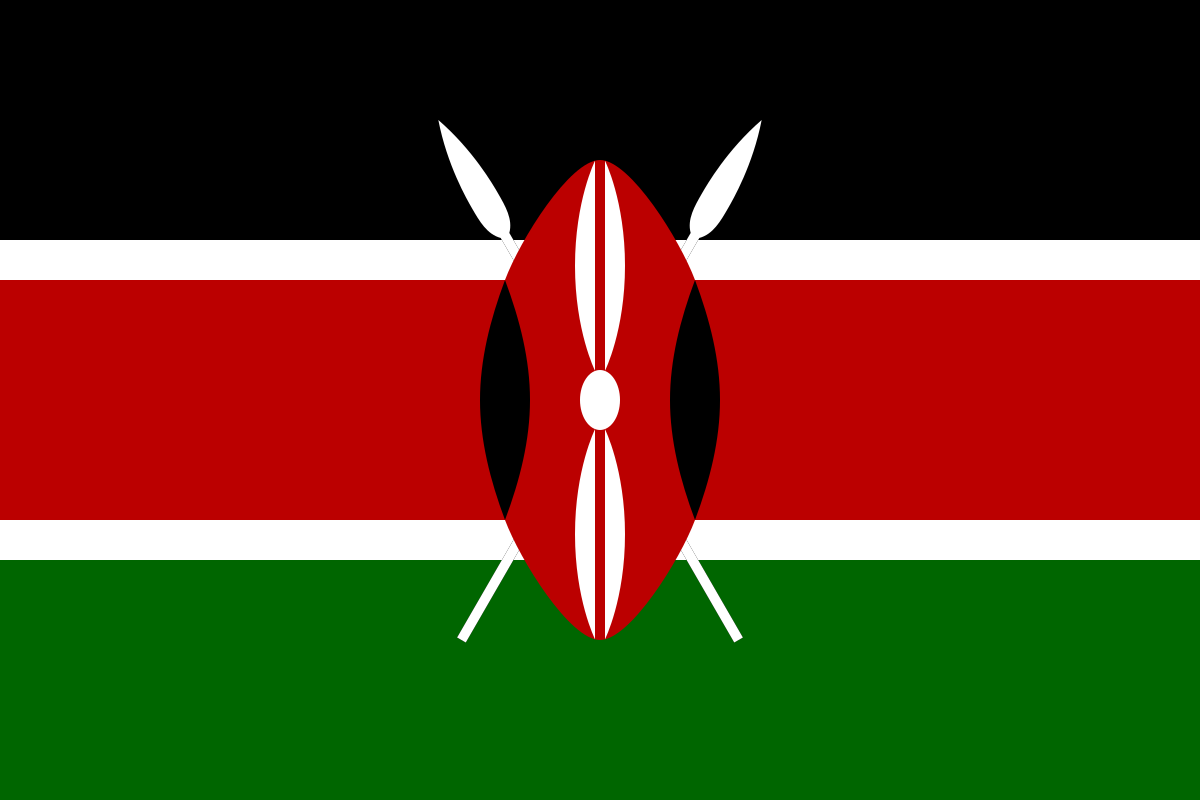The Kenya Health Ministry ordered Friday that a container ship from Denmark be quarantined because of a threat posed by the emission of radioactive material.
Health Minister Mutahi Kagwe directed the head of the Kenyan Nuclear Regulatory Authority to inspect the contents of The Seago Piraeus that was built in 2007.
“In view of the serious threat posed to the health and lives of Kenyans by the emission of radiation by radioactive or nuclear material on board the Seago Piraeus. The director-general for health and port health officer are hereby directed to quarantine the Seago Piraeus,” Kagwe said in a statement.
The port health officer has been directed by Kagwe to inspect the ship and conduct a medical examination on any person on board.
The Health Ministry noted that Kenya has an international obligation to prevent, intercept, interdict and combat illicit trafficking of radioactive and nuclear material proliferation of weapons of mass destruction. - Anadolu Agency








